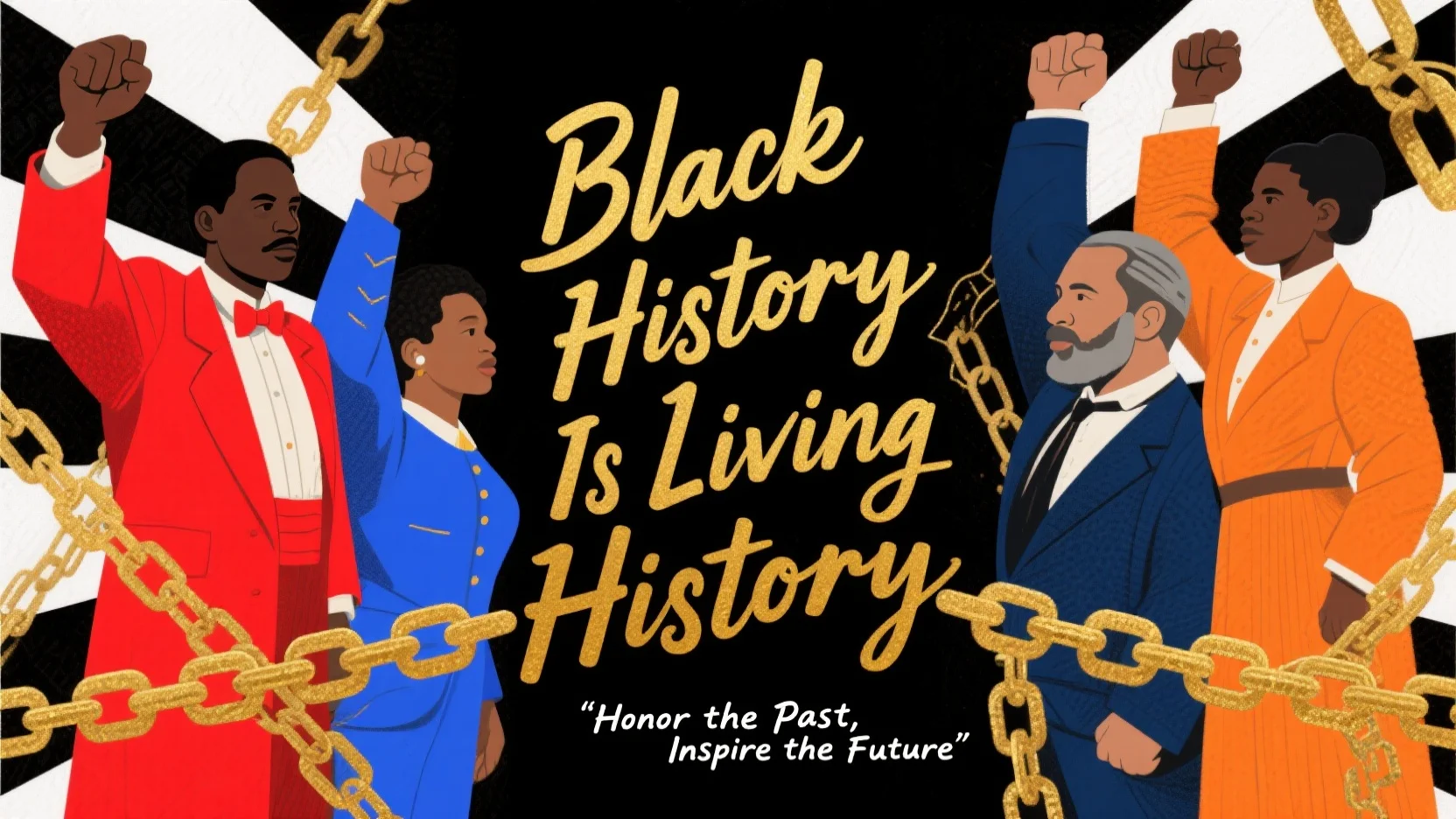Black Americans have shaped history through groundbreaking inventions, scientific discoveries, artistic movements, and cultural leadership—yet too many of these contributions remain overlooked. This Black History Month (and beyond), let’s honor these achievements while recognizing the systemic barriers they overcame.
1. The Meaning Behind February
Suggested visual: Portraits of Lincoln and Douglass
While February’s selection as Black History Month seems coincidental, it intentionally aligns with:
✔ Abraham Lincoln’s birthday (Feb 12)
✔ Frederick Douglass’ birthday (observed Feb 14)
→ Originated as “Negro History Week” in 1926
→ Expanded to a month in 1976
Did you know? Each year has a theme—2022 focused on Black Health & Wellness, honoring contributions from midwives to medical pioneers.
2. Hidden Histories: Seneca Village
Suggested visual: Overlay of 1850s maps vs. modern Central Park
Before Central Park existed, a thriving Black community called Seneca Village featured:
✓ 40 acres of land owned by Black families
✓ Voting rights for Black male residents (pre-Civil War)
✓ Churches, gardens, and economic stability
→ Demolished in 1857 for park construction
3. Intersectional Stories Matter
Suggested visual: Harriet Tubman and Muhammad Ali with disability symbols
5.6 million Black Americans live with disabilities, yet their stories are often erased. Examples:
• Harriet Tubman had epilepsy from a head injury
• Muhammad Ali navigated dyslexia
→ Recognizing these challenges deepens our appreciation of their achievements.
4. Language Matters: “Black” vs. “POC”
Suggested visual: Venn diagram comparing terms
Key distinction:
✓ Black = Specific cultural/historical experiences
✓ People of Color (POC) = Broad term for non-white groups
→ Using precise language preserves Black narratives.
5. Global Recognition
Suggested visual: World map highlighting observing countries
While born in the U.S., Black History Month is also celebrated in:
• Canada (February)
• UK, Ireland, Netherlands (October)
→ A testament to Black diaspora’s worldwide impact.
Why This Matters Today
The 1964 Civil Rights Act outlawed segregation, but systemic inequities persist—from redlining’s housing disparities to gaps in wealth and education. Honoring Black history means:
✓ Learning overlooked contributions
✓ Advocating for racial justice
✓ Supporting Black-owned businesses year-round








